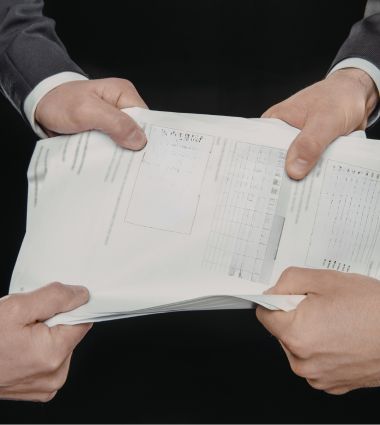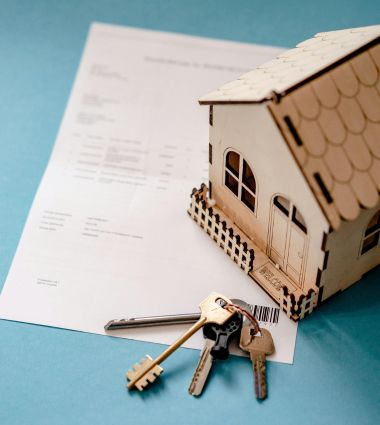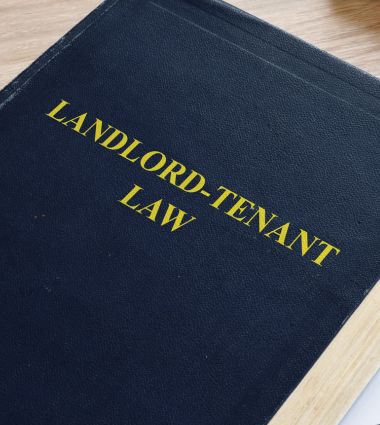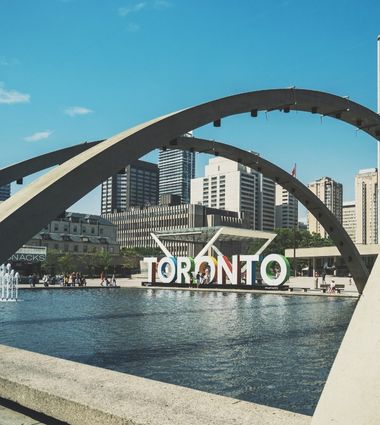Real Estate Purchase and Sale Agreement
Planning to buy or sell a home in Ontario? Exciting times! But before you dive into house hunting or packing up, there’s one important thing you’ll need to know about — the Real Estate Purchase and Sale Agreement.
Don't worry, it's not as scary as it sounds.
Think of it as your roadmap for the whole transaction. This agreement lays out all the deep details of the deal, from the price tag to who's responsible for what. It's a big deal, and getting it right can save you a ton of headaches down the road.
Let's break it down together, shall we?
What is a Real Estate Purchase and Sale Agreement?
Ever wondered about the paperwork behind buying a house in Ontario? Let's chat about the purchase and sale agreement - it's a big deal in real estate transactions.
A purchase and sale agreement is like a roadmap for your property purchase. It's a legal contract that spells out all the nitty-gritty details of the deal. Think of it as a playbook that both the buyer and seller agree to follow.
This document covers everything from the price tag to the closing date. It's not just for houses, though. You'll see these agreements pop up when people are buying company stocks or other valuable assets too.
In Ontario's bustling real estate market, a solid purchase and sale agreement is your best friend. It makes sure everyone's on the same page and helps avoid those awkward "he said, she said" moments down the road.
It may seem like a lot of legal mumbo-jumbo, but this agreement is your safety net. It's always a good idea to have a real estate lawyer look it over before you sign on the dotted line.

Key Clauses in a Purchase and Sale Agreement in Ontario
When you're buying or selling property in Ontario, the purchase and sale agreement is your roadmap. It's packed with important details that'll shape your real estate transaction. The following are some key clauses you're likely to encounter:
Core Terms
This section covers the fundamental aspects, including the purchase price, deposit, and sale conditions. These are the most important terms that should be carefully reviewed. Remember, once both parties sign the agreement, it becomes legally binding, so take your time to fully understand the terms before committing.
Buyer Protections
Some agreements include clauses like the "Sale of Purchaser's Property" provision, which allows the buyer to back out if they’re unable to sell their current home. It’s not always standard, but it’s a useful option to discuss with your real estate lawyer, especially if you're in a tricky selling situation.
Important Details
The agreement will also cover specifics like the closing date and what items are included in the sale, such as appliances or fixtures. Make sure to clarify all these details before signing, and don’t hesitate to ask questions to ensure you’re clear on every aspect.
Why You Need a Real Estate Lawyer When Buying a Home in Ontario
Buying a home is exciting, but it’s not always as simple as it seems. There’s a lot of paperwork, rules, and fine print to deal with. That’s when an Ontario real estate lawyer steps in — your personal guide, making sure you understand the contracts, handle negotiations, and avoid any legal pitfalls. Their job is to make the whole process smoother and less stressful for you.
First off, they'll make sure you're not inheriting any surprise tax bills. They'll check that the property taxes are all squared away and help you figure out how much land transfer tax you'll need to fork over.
If you're buying with a partner, your lawyer can explain the ins and outs of joint tenancy or joint ownership. Canadian laws can be tricky, so it's great to have someone who knows their stuff.
When it comes to the purchase and sale agreement, your lawyer's got your back. They'll review every detail, negotiate on your behalf, and work to get you the best deal possible on your new place.
Bottom line?
A good real estate lawyer can save you headaches and potentially a lot of cash in the long run. They're an important part of making your home-buying dream a reality in Ontario.
The Importance of a Purchase and Sale Agreement
When you're buying or selling a home in Ontario, a purchase and sale agreement is your best friend. This document isn't just a formality - it's the backbone of your real estate transaction.
The agreement is like a guidebook for selling your home. It spells out everything – the price, important deadlines, and the terms both you and the buyer agree to. This way, everyone knows exactly what’s expected, and there’s no confusion about who said what.
But why does this matter?
It’s like a safety cushion for both sides. The agreement makes sure everyone holds up their end of the deal. If something doesn’t go as planned, you’ve got this document to rely on for protection.
Sure, verbal promises are nice, but they don't hold much water in real estate. Your purchase and sale agreement trumps any handshake deals. That's why it's smart to have a real estate lawyer look it over before you sign on the dotted line.

Who Should Use a Real Estate Purchase Agreement?
Ever wondered who actually needs a purchase and sale agreement? It’s not just for real estate tycoons.
A real estate purchase agreement is useful for anyone involved in buying or selling property. It's not just for professionals — homebuyers, sellers, and even investors need one to ensure everything is clear and legally binding.
Buyers and Sellers
If you’re buying or selling a home, especially in Ontario, you’ll need one of these agreements. It lays out all the key details—like the price, closing date, and even what’s included in the sale (Is that fancy chandelier part of the deal?). It acts as a safety net for both sides, ensuring everyone understands the terms.
Real Estate Agents
Your real estate agent does more than just show homes. They use the purchase and sale agreement to make sure all the terms are agreed upon, protecting both buyer and seller. It’s their way of ensuring there are no surprises later on.
DIY Property Deals
Even if you’re handling the sale yourself—like selling your cottage to a friend—you’ll still want this agreement. It avoids misunderstandings and guarantees that everyone’s expectations are in writing.
A real estate lawyer expert in Ontario’s real estate laws can be your best friend here. They'll make sure your purchase and sale agreement covers all the bases.
How Binding is a Real Estate Purchase Agreement?
You might wonder just how solid that purchase and sale agreement really is once you've signed on the dotted line. Here's the thing - it's pretty binding!
Once both you and the seller have put your John Hancock on that purchase and sale agreement, it becomes a legally binding contract. No ifs, ands, or buts about it. That offer to purchase or lease a property you just signed? Yep, that's a binding agreement too.
Here's the thing: real estate contracts need to be in writing and signed by all parties to be enforceable in court. Your real estate lawyer will tell you that's non-negotiable. It's not like shaking hands on a deal to mow your neighbour's lawn.
So before you sign, make sure you're 100% on board. Because once that ink dries, you're committed. No takesies backsies in the world of real estate!
So, that’s the scoop on the Real Estate Purchase and Sale Agreement in Ontario. While these documents might feel overwhelming at first, their main purpose is to protect both you and the other party. You don’t have to handle it all by yourself— your real estate agent and lawyer are there to guide you, making sure everything is clear and accurate.
In the end, a strong Purchase and Sale Agreement is your key to a hassle-free property deal. It lays out all the important details, helping to prevent any surprises later. Be sure to review it thoroughly, ask questions, and don’t hesitate to negotiate if something doesn’t seem right.
Purchase and Sale Agreement FAQs
What's included in a purchase and sale agreement?
A purchase and sale agreement typically covers key details like the property's price, closing date, and any conditions of the sale. It'll also list what's included (like appliances) and outline the deposit amount. Remember, this document is legally binding, so it's crucial to review it carefully with a real estate lawyer.
Can I back out after signing?
It's possible, but not without potential consequences. Most agreements have conditions that allow you to walk away under specific circumstances. However, backing out for other reasons might mean losing your deposit or facing legal action. Always chat with your lawyer before making any big decisions.
How long does the process usually take?
The timeline can vary, but it often takes 30-90 days from signing to closing. Factors like financing, home inspections, and legal work can affect the duration. Don't worry though - your real estate agent will guide you through each step of the journey.
Real Estate
Family Law
Wills & Estates
Immigration
Join Our Mailing List.
Sign up with your email to receive our newsletter and stay informed about the latest legal developments and special offers.



















































































